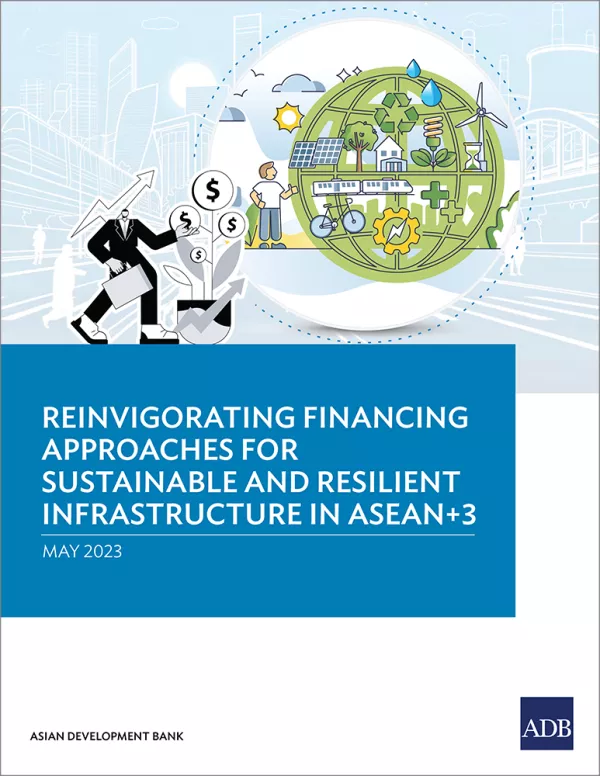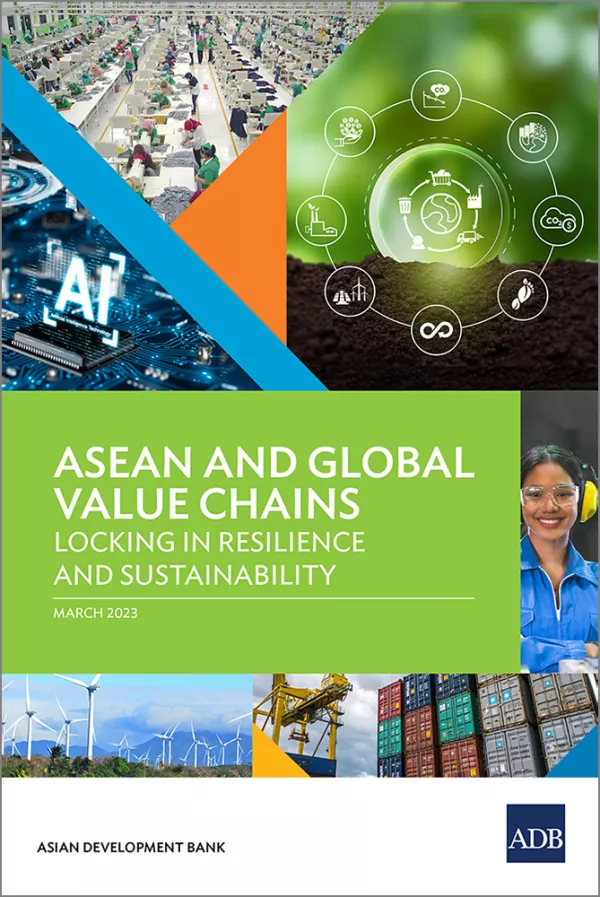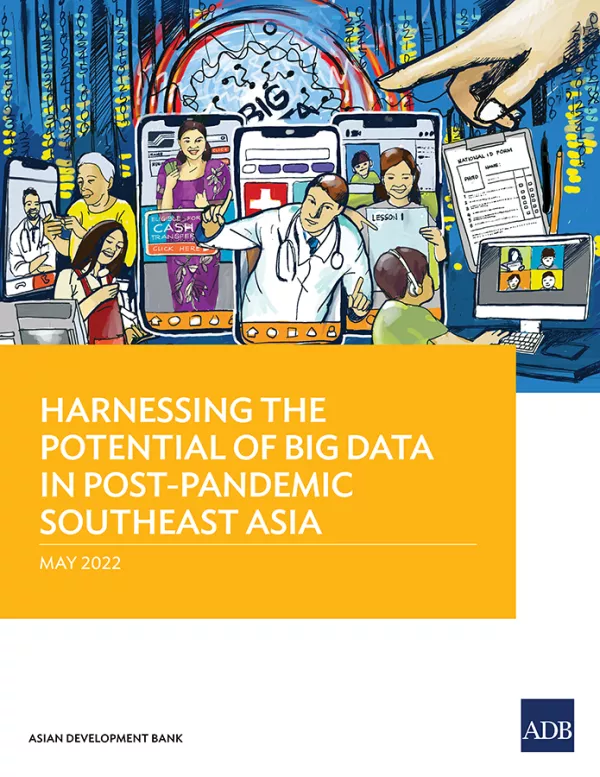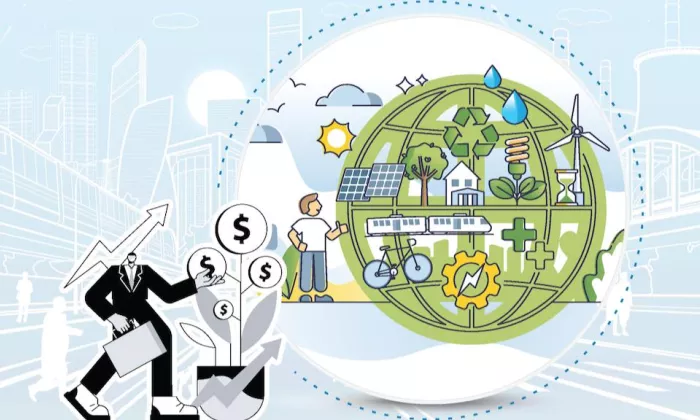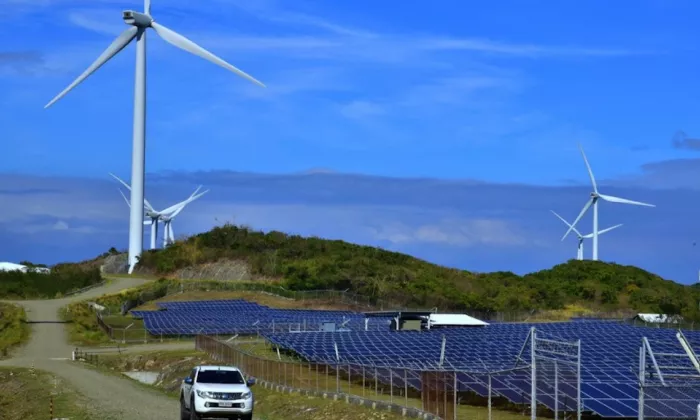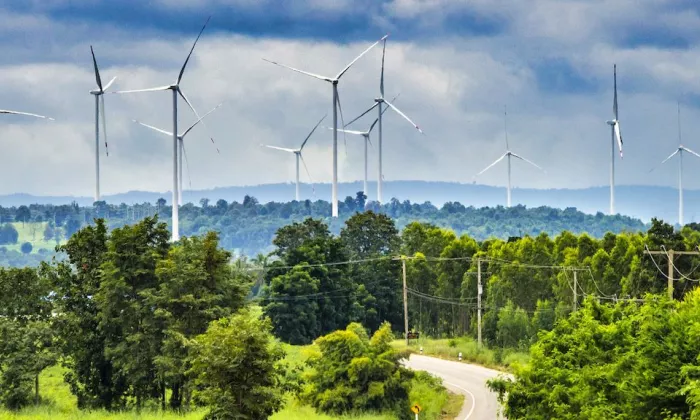
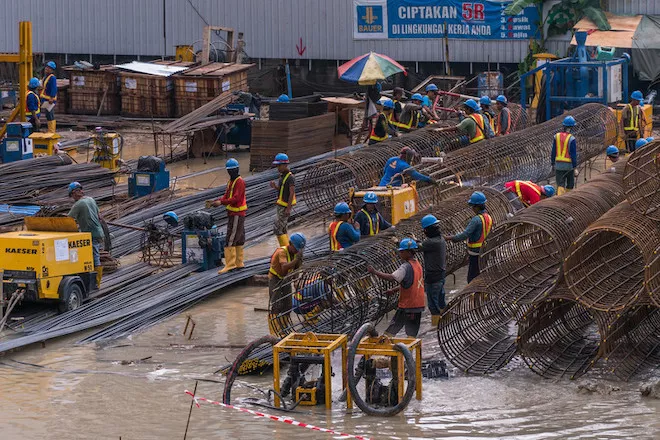
Our Webinars
Publications
News
Greening ASEAN and Global Value Chains
Southeast Asia has become one of the most important regional hubs for global value chains (GVCs)—the cross-border networks that separate production stages from concept to consumption. By participating in GVCs, most Southeast Asia economies have grown strongly and reduced poverty. GVCs have created a strong manufacturing and export base, more and better-quality jobs, and spread knowledge, innovation and technology. However, their social and environmental impact can also lead to inequality and increased greenhouse gas emissions.
A new report from the Asian Development Bank examines recent developments affecting GVC participation—particularly in ASEAN—and explores how the region could respond to challenges and opportunities facing GVCs to make them more resilient and sustainable.
Publication: ASEAN and Global Value Chains: Locking in Resilience and Sustainability
News Release: ASEAN Must Act to Strengthen Position in Global Value Chains

